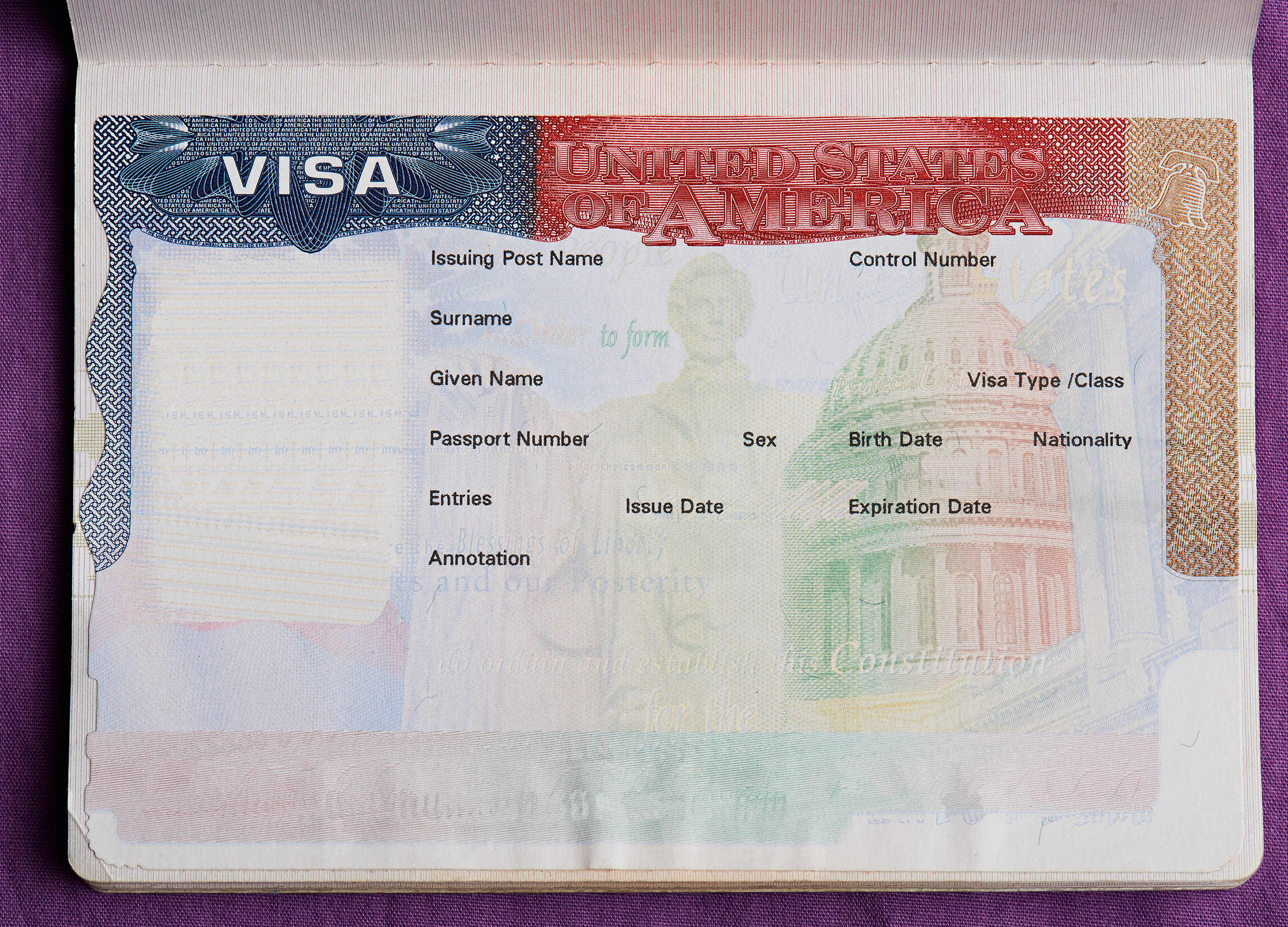Divorce is the legal process through which a married couple can terminate their marriage. The process can be emotional, stressful, and complex, but understanding the basic steps can make it easier to navigate.
- Filing for Divorce: The first step in the divorce process is filing a divorce petition or complaint in the appropriate court. The spouse who initiates the divorce is referred to as the petitioner or plaintiff, while the other spouse is called the respondent or defendant.
- Serving the Divorce Petition: The petitioner must serve the divorce papers on the respondent, which is usually done by a process server or a law enforcement officer. This ensures that the respondent is aware of the divorce proceedings and has the opportunity to respond.
- Response to the Divorce Petition: The respondent has a specific amount of time, usually 30 days, to file a response to the divorce petition. The response can either be an agreement or a disagreement with the terms of the divorce.
- Discovery: After the response has been filed, both spouses will enter a discovery phase where they exchange information about their finances, assets, and debts. This helps determine the distribution of property and assets during the divorce settlement.
- Negotiation and Settlement: During this phase, both spouses will negotiate the terms of the divorce settlement, including property division, child custody, child support, and spousal support. If both parties can reach an agreement, they will submit a settlement agreement to the court for approval.
- Trial: If the parties cannot reach a settlement agreement, the divorce case may proceed to trial. A judge will hear evidence and arguments from both parties and make a final decision on the terms of the divorce.
- Final Judgment: Once the divorce settlement or trial is complete, the court will issue a final judgment of divorce, which legally ends the marriage.
It is important to note that the divorce process can vary depending on the state and jurisdiction in which the divorce is filed. Additionally, divorce can be a highly emotional and stressful time, and it is recommended to seek the guidance of a trusted attorney to ensure your rights are protected throughout the process.
Need to consult on matters divorce? Contact the Law Firm of Solomon Musyimi for a personalized consultation.














